I don’t suppose anyone has said this to you yet, but happy new year! My guess is that you are as ecstatic as we are to unlock the wonders of 2025. So much to look forward to, it says here.
We’ve been busy with the process of acclimating ourselves to an actual winter. Brother Matt has been slogging through the snow up at the farm, feeding creatures furry and feathered while steeling himself against sub-zero temperatures like we haven’t seen in probably five years. Me? I’m flying in my taxi, taking tips and getting stoned. (Did I say that?)
Content questions abound
We don’t get a lot of inquiries here at Big Green, but if we did, I’m sure they would center on our promised new album. What kinds of songs will it feature, and how many? What will the cover look like? Will it be available in stores? Will it include discount coupons for romaine lettuce? That kind of stuff, I imagine.
The most challenging questions, however, are those that cut to the core of the creative process. For instance, why do we, in this day and age, bother to write, arrange, record, mix, and master an album when we can just drop the right prompts into an AI engine and have it spit out the finished product in minutes if not seconds?
Good question. Our answer might be something like … how do you know we DIDN’T do that? How, indeed.
A picture is worth a thousand prompts
Take the header image on this very post (please!). I can tell you right now, that photo was generated by AI. Given the input criteria we provided, only an idiot could come up with something that random and asinine. Hey … that’s the same process we follow when we produce an album. We generate ideas in our tiny minds, and after about two years, out pops an album, for better or worse.
Is that as fast as the other, more well-known A.I. (artificial intelligence)? God, no. But (and this is important) it takes a lot less energy to produce, and it doesn’t sound anything like what this looks like:
Good thing? Bad thing? You decide.
Anticipated dimensions of said object
To return to the more pedestrian questions I imagine an interested party might pose to us, here’s what we got. Yes, the new album is nearing completion (currently in the mastering phase). We have a title. There will be 24 tracks, so it’s more like a double-album, if you will (not that the term means anything anymore). I think we have a running order, but not totally sure.
We don’t have a release date, but I’m sticking to my prediction of a Spring drop for this one. Don’t expect a splash – we may buy a couple of ads, but that’s about it. Word of mouth. (What other kinds of words are there?)
Sadly, there will be no discount coupons for lettuce, romaine or otherwise. Budget is tight, people – such are the times we live in.



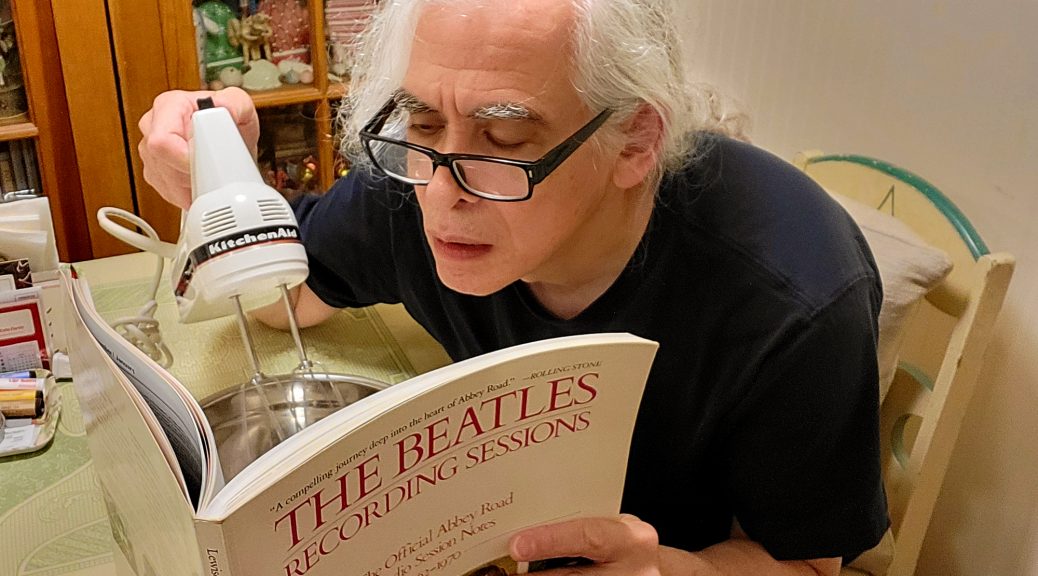


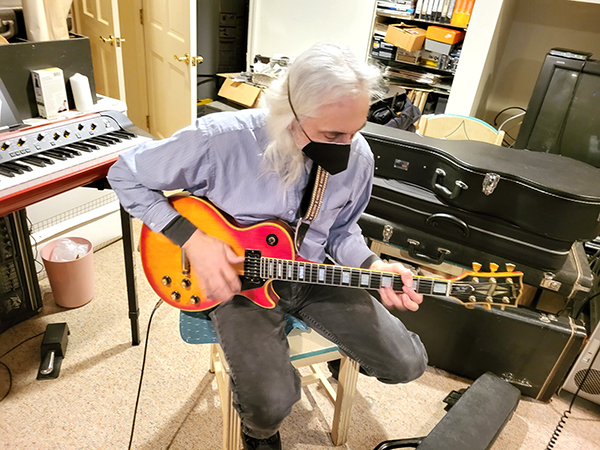

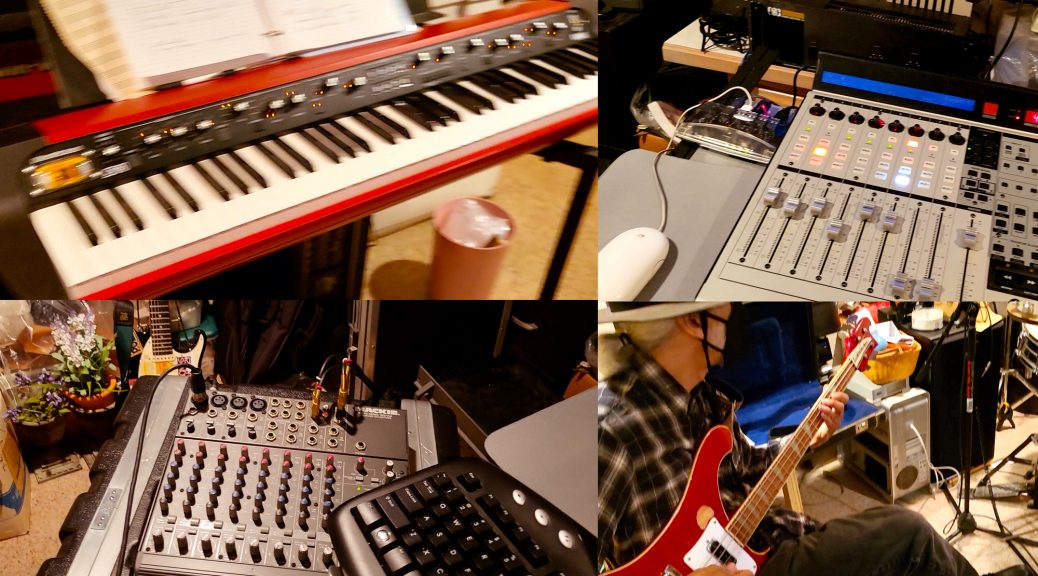
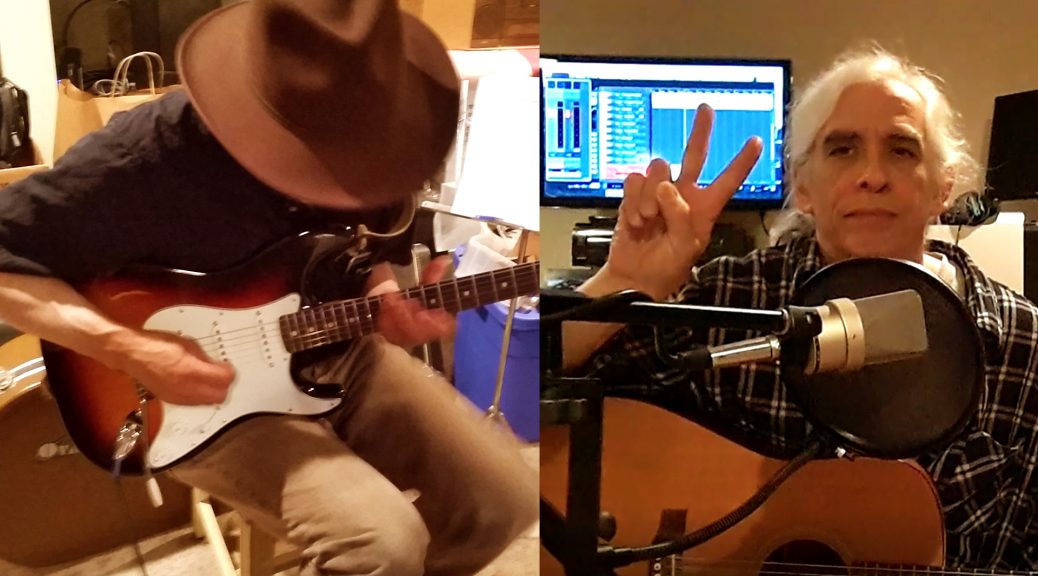

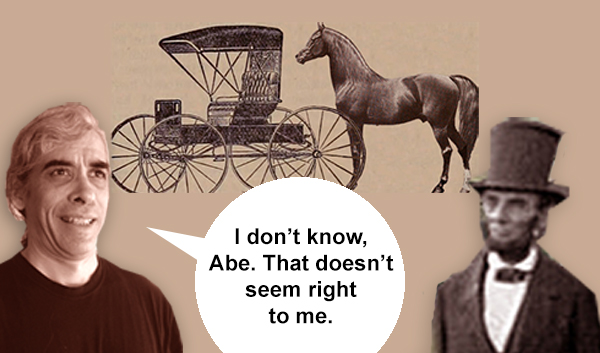
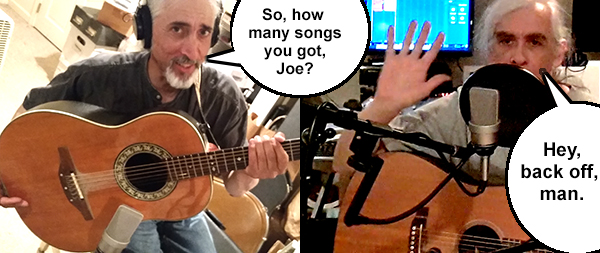

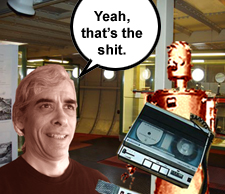 It took a couple of years, but at some point we moved up to a Panasonic audio cassette deck, the kind that you would use in a home stereo system. We used that and a couple of mics to record ourselves playing in the living room, etc. (Excerpts of those sessions made it on to Matt’s very early compilation, “The Todd Family Chronicles”.) Matt got a second deck and started bouncing tracks, overdubbing, then around 1985 he bought his first cassette portastudio. That kind of took us to a different place musically, though where that place is, I’m not entirely certain. As we could, we got better gear, but our songwriting and recording process has remained about the same as it was with that first portastudio.
It took a couple of years, but at some point we moved up to a Panasonic audio cassette deck, the kind that you would use in a home stereo system. We used that and a couple of mics to record ourselves playing in the living room, etc. (Excerpts of those sessions made it on to Matt’s very early compilation, “The Todd Family Chronicles”.) Matt got a second deck and started bouncing tracks, overdubbing, then around 1985 he bought his first cassette portastudio. That kind of took us to a different place musically, though where that place is, I’m not entirely certain. As we could, we got better gear, but our songwriting and recording process has remained about the same as it was with that first portastudio.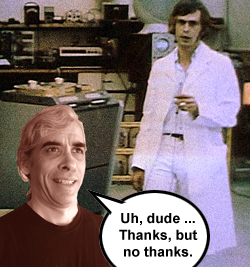 Right now we’re kind of winging it, I admit … though that’s a bit more considered a state than we’re usually in during recording sessions. I boot up the new system, punch a few keys, then start playing whatever instrument is called for – piano, sousaphone, kazoo, triangle, whatever – and realize a few moments later that nothing has been captured. Rinse and repeat. I need a team of scientists! And I don’t mean mad scientists – we’re all set on that score. If we were to ask Mitch Macaphee, our mad science advisor, to reconfigure our studio, we would end up with something on the order of what Magic Alex threw together for the Beatles back in the Apple Records days, i.e., a decorative, non-functional studio full of flashing lights with a speaker for every track and other non sequitur features.
Right now we’re kind of winging it, I admit … though that’s a bit more considered a state than we’re usually in during recording sessions. I boot up the new system, punch a few keys, then start playing whatever instrument is called for – piano, sousaphone, kazoo, triangle, whatever – and realize a few moments later that nothing has been captured. Rinse and repeat. I need a team of scientists! And I don’t mean mad scientists – we’re all set on that score. If we were to ask Mitch Macaphee, our mad science advisor, to reconfigure our studio, we would end up with something on the order of what Magic Alex threw together for the Beatles back in the Apple Records days, i.e., a decorative, non-functional studio full of flashing lights with a speaker for every track and other non sequitur features.